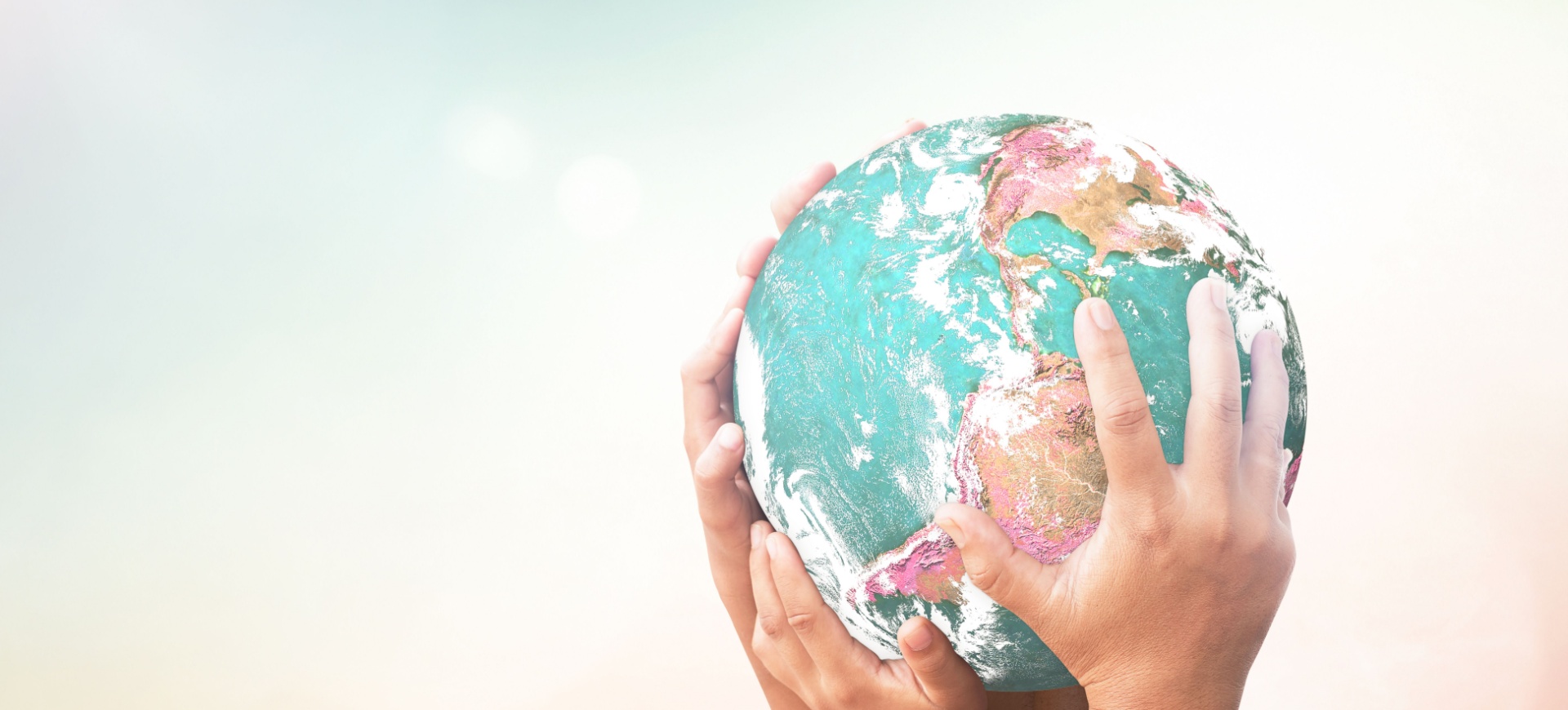Time to listen
Worldwide, Indigenous peoples are playing a critical role in reshaping thinking about issues that affect us all. We just need the world to listen – and health is a key place to begin
Health is political. Political actors can make agreements among people to live sustainably and thrive alongside non-human companions on the planet. The political determinants of health involve the distribution of resources and power relationships that shape health and health equity across the globe.
Indigenous peoples collectively hold much expertise and potential influence in the political realm. There are approximately 500 million Indigenous peoples living in some 90 countries around the world. We care for about 20% of earth’s lands and in doing so are custodians of 80% of her biodiversity.
We have unique social, cultural, economic and political characteristics. Broadly, our knowledge systems are grounded in rich understandings of the natural world through our intimate relationship with it, where human, living and non-living elements are connected. Land, sky, water, family, Elders, young ones, spirit, ancestors and more are intrinsic to our identity.
Our sophisticated ways of knowing, being and doing promote deep well-being and have been handed down between generations for millennia. This state of well-being is not achieved by accident. Rather, understandings and practices are designed to foster holistic well-being.
Given Indigenous peoples’ expertise, capabilities and unique identity, it is impolitic or unwise – and will cause problems – not to listen to us.
Everything at risk
This is clear from the catastrophe of imperialism and colonisation involving European expansionism across the globe over the past 500 years. Indigenous peoples have strongly voiced opposition to this over many generations. This catastrophe has led to Indigenous peoples experiencing among the worst health and well-being indicators in the world. Moreover, the political determinants inherent in the western capitalist system drive inequities and resource exploitation to the detriment of everyone’s health, putting the very survival of humans and the planet at risk.
Since the end of the Second World War, there have been attempts to counter these negative effects. This includes the establishment of the United Nations and the World Health Organization’s consensus definition of health, policies to address health inequalities, substantial evidence showing the drivers of inequality and poor well-being, the United Nations Declaration on the Rights of Indigenous Peoples, the Sustainable Development Goals, well-being indicators being promoted in several countries, and ‘well-being budgets’ being introduced in several high-income countries including New Zealand and Australia. Yet there is an urgent need to do more.
Indigenous peoples’ rights to health remain critical. Governments need encouragement to heed Indigenous peoples’ political voices and meet international obligations to ensure the rights, dignity and survival of Indigenous peoples. Indigenous peoples need a seat at the political table, to be listened to and to have self-determination.
However, in Australia there is no national treaty with First Peoples and a referendum for a First Peoples’ Voice to parliament and recognition in the Australian constitution was recently rejected. In New Zealand, the Treaty of Waitangi is being undermined. Indigenous peoples across Oceania and Asia face multiple threats from violence, climate change, illegal mining. deforestation, assimilation, pollution of lands and waters and more.
A lot to learn
Listen. There is a lot to learn from Indigenous voices in this publication about ways of doing things to improve health and well-being for everyone. Across the world, Indigenous scholars and leaders are playing an important role in reshaping thought, and bringing ways of thinking that offer opportunities to better understand ourselves and our relationship with our environment. This includes relational thinking and collective action to address the climate crisis and increasing inequities.
In this special edition of Health: A Political Choice – Advancing Indigenous peoples’ rights and well-being, we showcase thinking from Indigenous leaders from across the globe. Helen Milroy highlights the strengths of Indigenous approaches to well-being and the opportunities for learning about healing from Indigenous cultures. Marcia Langton and Kristen Smith discuss challenges related to family violence and propose legal and institutional approaches to address these complex problems stemming from intergenerational trauma. Emma Rawson-Te Patu outlines why we need to decolonise our health institutions and we share an address by Her Excellency the Right Honourable Mary Simon about the need to address stigma about mental illness and create safe spaces to foster well-being and survival. Naja Carina Steenholdt and Ivalu Katajavaara Seidler describe the rapid rate of globalisation and its consequences on Indigenous people in Greenland and call for increased community involvement to prevent further social fragmentation. Raglan Maddox discusses the political choices made about tobacco use and control and the manipulation by the commercial tobacco industry, which has a significant negative impact on peoples’ health. Christina Henriksen argues that empowerment, access to traditional land and acknowledgement of Indigenous peoples’ rights are key elements to improving the health and well-being of Indigenous people. Geoffrey Roth wraps up the discussion with a call to action to achieve meaningful Indigenous representation across the globe by implementing the Indigenous Determinants of Health framework. Brazil’s World Health Assembly statement, the World Health Assembly Resolution and UNDRIP excerpts are included in this issue as key guiding documents that underpin global efforts to advance Indigenous rights and well-being.












